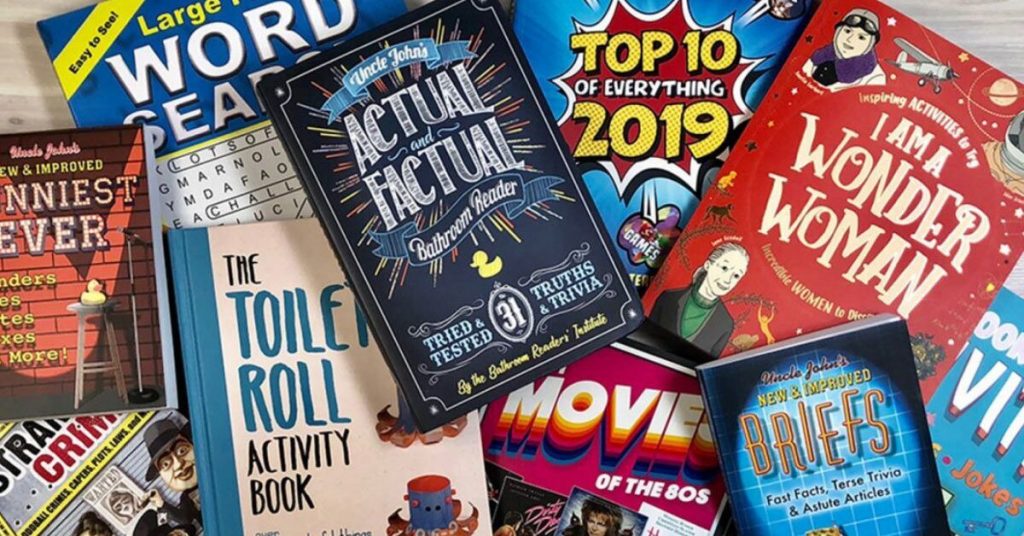 Got your answers all figured out? Let’s see how you did.
Got your answers all figured out? Let’s see how you did.
1. For what works are the 19th century authors A.M. Barnard, Currer Bell, and Ellis Bell best known?
They’re all pseudonyms used by major female authors of the time. Publishers in 19th century England and the U.S. were reluctant to publish anything written by women, so women used phony names to submit their work. It wasn’t until the 1970s that a Harvard historian named Leona Rostenberg discovered letters from Alcott to publishers dating to 1865 revealing that she published in periodicals under “A.M. Barnard.” As for the Bells, those are pseudonyms for Charlotte Bronte and Emily Bronte. Their first novels, the classics Jane Eyre and Wuthering Heights, respectively, were both first published in 1847 under fake male authorship.
2. Why are writers Nathan E. Douglas, Ian McLellan Hunter, and Robert Rich most famous?
They’re pseudonyms that won Academy Awards. The Hollywood “blacklist.” prevented suspected or accused Communist sympathizers from working in film in the 1950s. Or at least it prevented them from getting credit for their work under their real names. For example, the 1958 film The Defiant Ones was written by Nedrick Young and Harold Jacob Smith. The blacklisted Young couldn’t take credit, so he used the name “Nathan E. Douglas.” Director Stanley Kramer had a little fun with it—he gave Young and Smith bit parts as truck drivers in the first few minutes of the film. The writing credit for “Douglas” not-so-accidentally appears on screen at the same moment as Young and Smith. The other two names were both used by blacklisted writer Dalton Trumbo. “Hunter” won the 1953 best story Oscar for Roman Holiday. “Rich” won in 1956 for The Brave One.
3. What do Roderick Jaynes, Donald Kaufman, and P.H. Vazak have in common?
They’ve all been nominated for Academy Awards…and none of them really exist. Joel and Ethan Coen write, direct, and produce their own movies, and their edit them, too. They credit the fictitious Jaynes with the task, and “he” has been nominated for his work on Fargo and No Country For Old Men. Donald Kaufman is the imaginary twin brother of screenwriter Charlie Kaufman. The real Kaufman wrote the 2002 film Adaptation, about a struggling screenwriter named Charlie Kaufman, and his bizarre twin brother, Donald. There is no Donald in real life, and crediting Donald was a joke from Kaufman. Both still were nominated. P.H. Vazak is the name of screenwriter Robert Towne’s dog. The pooch got credit—and a writing nomination—for the 1985 movie Greystoke. Towne didn’t like what the studio did to his script, so he replaced his own name with Vazak’s.








